As explained in the main answer, the default R Markdown template does not support author affiliations. While users can edit the template file to add their own custom YAML fields, there are easier some workarounds you can use for PDF or HTML outputs.
HTML Outputs
You can use the recently released radix template. First you must install the package:
install.packages("radix")
Once installed, you must set the
---
title: "Radix for R Markdown"
description: |
Scientific and technical writing, native to the web
date: May 4, 2018
author:
- name: "JJ Allaire"
url: https://github.com/jjallaire
affiliation: RStudio
affiliation_url: https://www.rstudio.com
- name: "Rich Iannone"
url: https://github.com/rich-iannone
affiliation: RStudio
affiliation_url: https://www.rstudio.com
output: radix::radix_article
---
Your content

PDF Outputs
You can use premade templates, and there are some good examples within the rticles package. First we must install the package:
install.packages("rticles")
Once Installed, you can use one of the templates, such as the Journal of Statistical Software:
---
author:
- name: FirstName LastName
affiliation: University/Company
address: >
First line
Second line
email: \email{name@company.com}
url: http://rstudio.com
- name: Second Author
affiliation: Affiliation
title:
formatted: "A Capitalized Title: Something about a Package \\pkg{foo}"
# If you use tex in the formatted title, also supply version without
plain: "A Capitalized Title: Something about a Package foo"
# For running headers, if needed
short: "\\pkg{foo}: A Capitalized Title"
abstract: >
The abstract of the article.
keywords:
# at least one keyword must be supplied
formatted: [keywords, not capitalized, "\\proglang{Java}"]
plain: [keywords, not capitalized, Java]
preamble: >
\usepackage{amsmath}
output: rticles::jss_article
---


